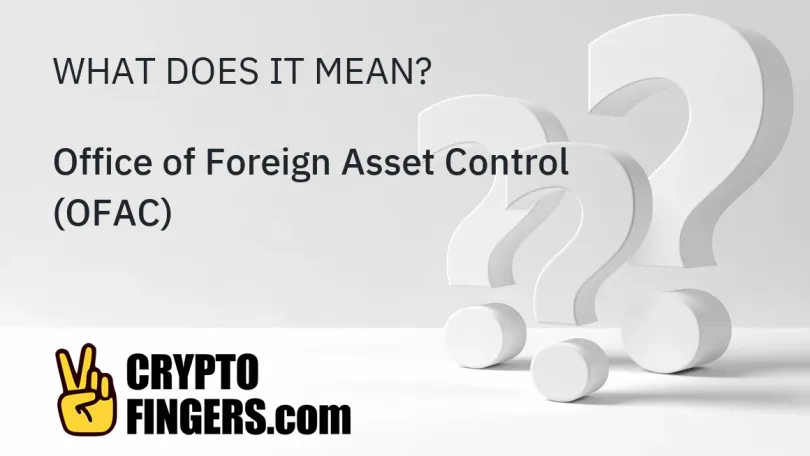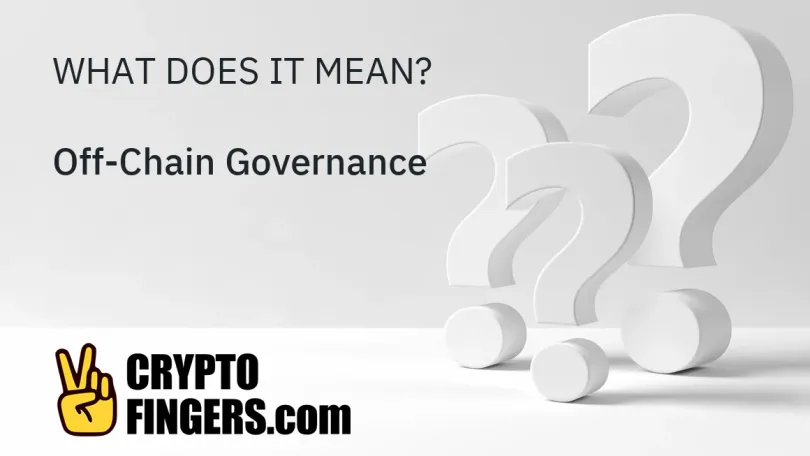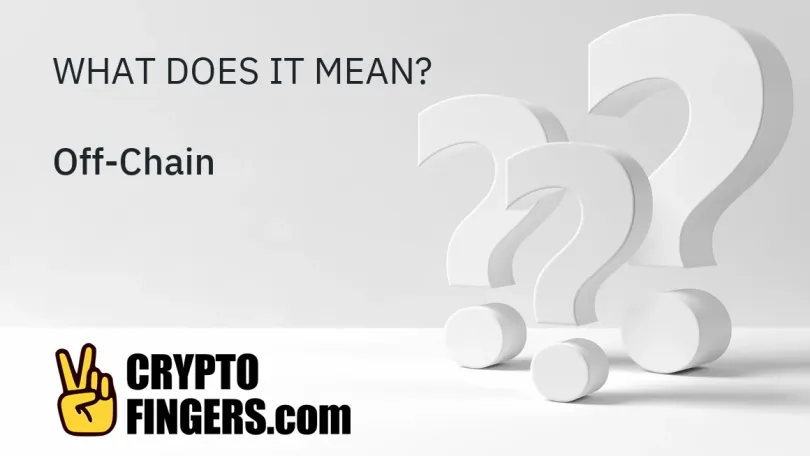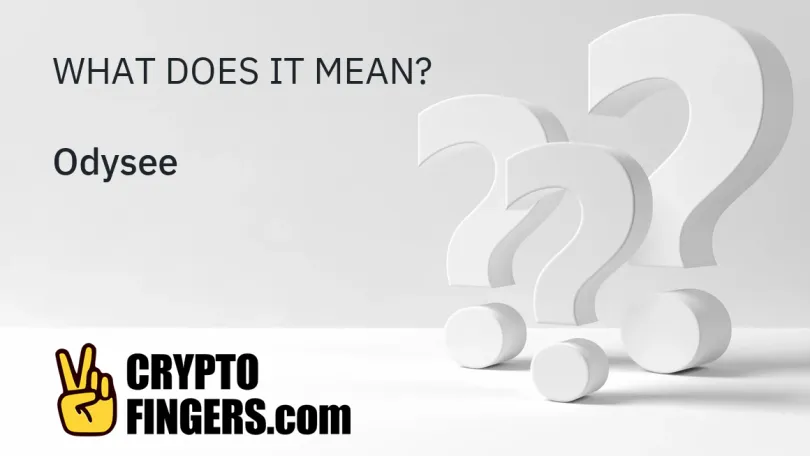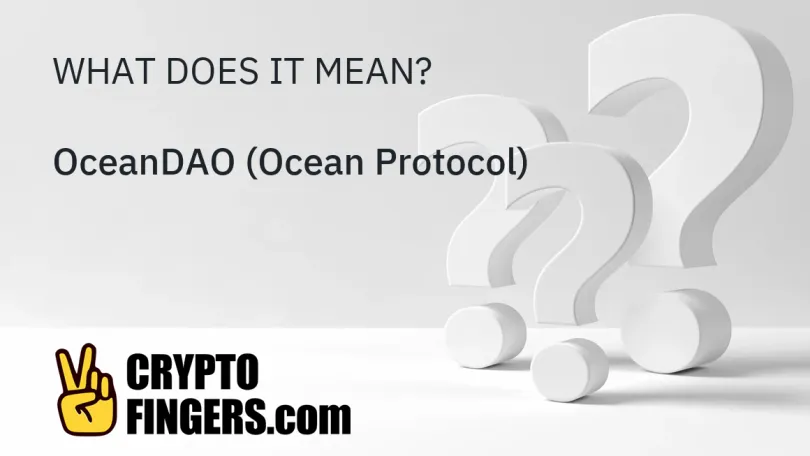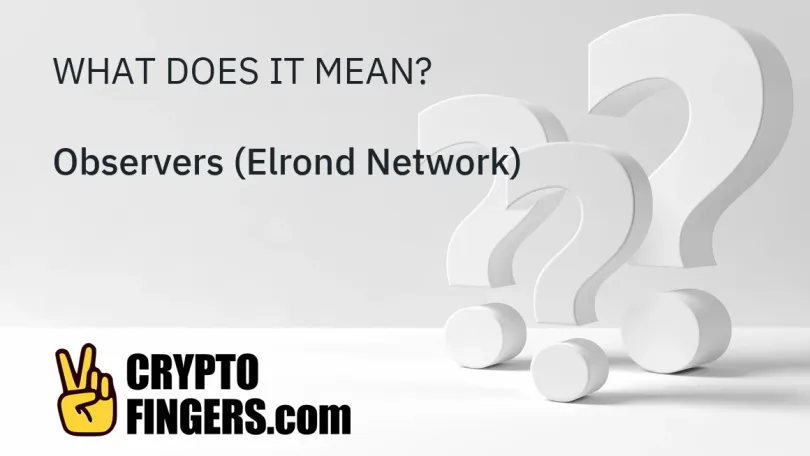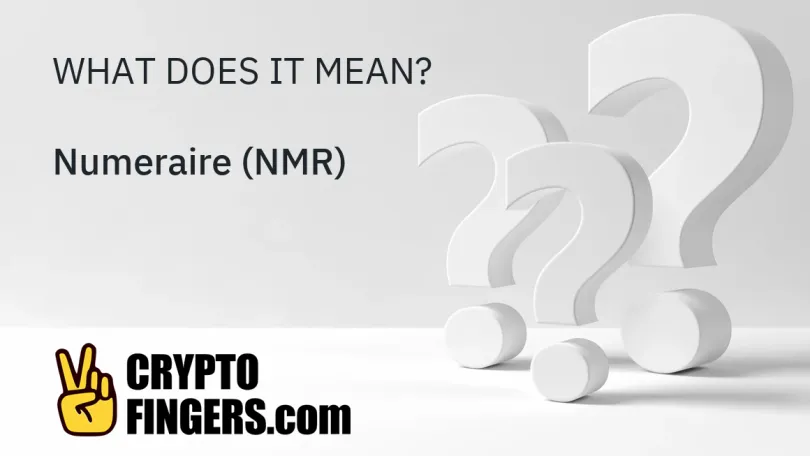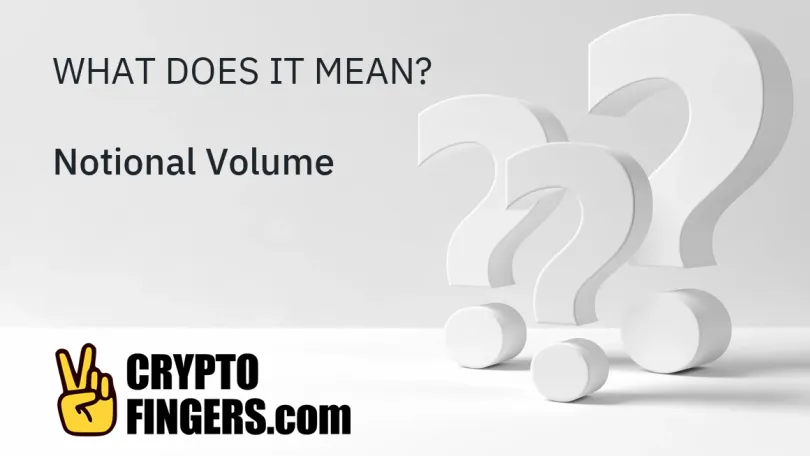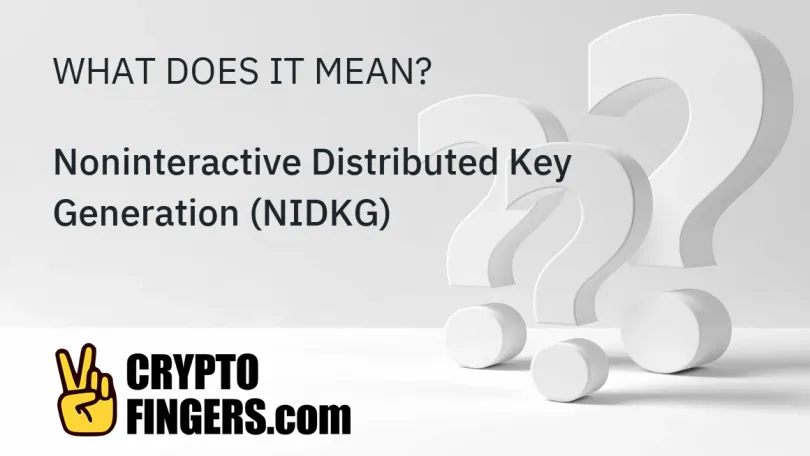⁝⁝⁝
Publications
An offshore account is a bank account or related service that is located outside of the account holder's home country, often to secure favorable regulations as they relate to tax avoidance..
Part of the U.S. Department of the Treasury, the Office of Foreign Asset Control (OFAC) is responsible for enforcing economic and trade sanctions that are in the interests of U.S..
Off-chain governance is usually a voting mechanism that takes place off a blockchain protocol, typically in a face-to face fashion by several interrelated constituents. This procedure often..
Off-chain is a classification that refers to any type of transaction or mechanism (including governance, tokenized asset creation, consensus design, etc.) that occurs outside of a blockchain..
Odysee is a site created by the team behind the LBRY blockchain and its suite of downloadable LBRY apps that allow users to watch and post videos. Odysee is the web browser-based version..
OceanDAO is a community-led grants proposal system that exists as part of the Ocean Protocol platform. As a decentralized autonomous organization (DAO), OceanDAO enables community governance..
Observers are specialized network nodes that are designed to read and relay interface information. Observer nodes can be classified as Full, meaning they possess the entire history..
Numeraire is a blockchain-based protocol that is designed to be an algorithmic institutional trading platform. Numeraire utilizes a crowdsourced predictive-trading analysis platform to host..
Notional volume is a distinct measurement of trading volume in a particular time frame and is often considered in context with market value, which is the current price of a security that can..
A bespoke cryptography protocol released by the Dfinity Foundation, Noninteractive Distributed Key Generation (NIDKG) uses forward secrecy, Zero-Knowledge Proofs (ZKPs), and other advanced..
⁝⁝⁝
Trending news
- Artificial Intelligence (AI)
- Altcoins
- Bitcoin
- DeFi
- Ethereum
- Economy
- Market and Events
- Metaverse
- Mining
- NFT
- Regulation
- Web3
- show less
⁝⁝⁝ Test your knowledge















